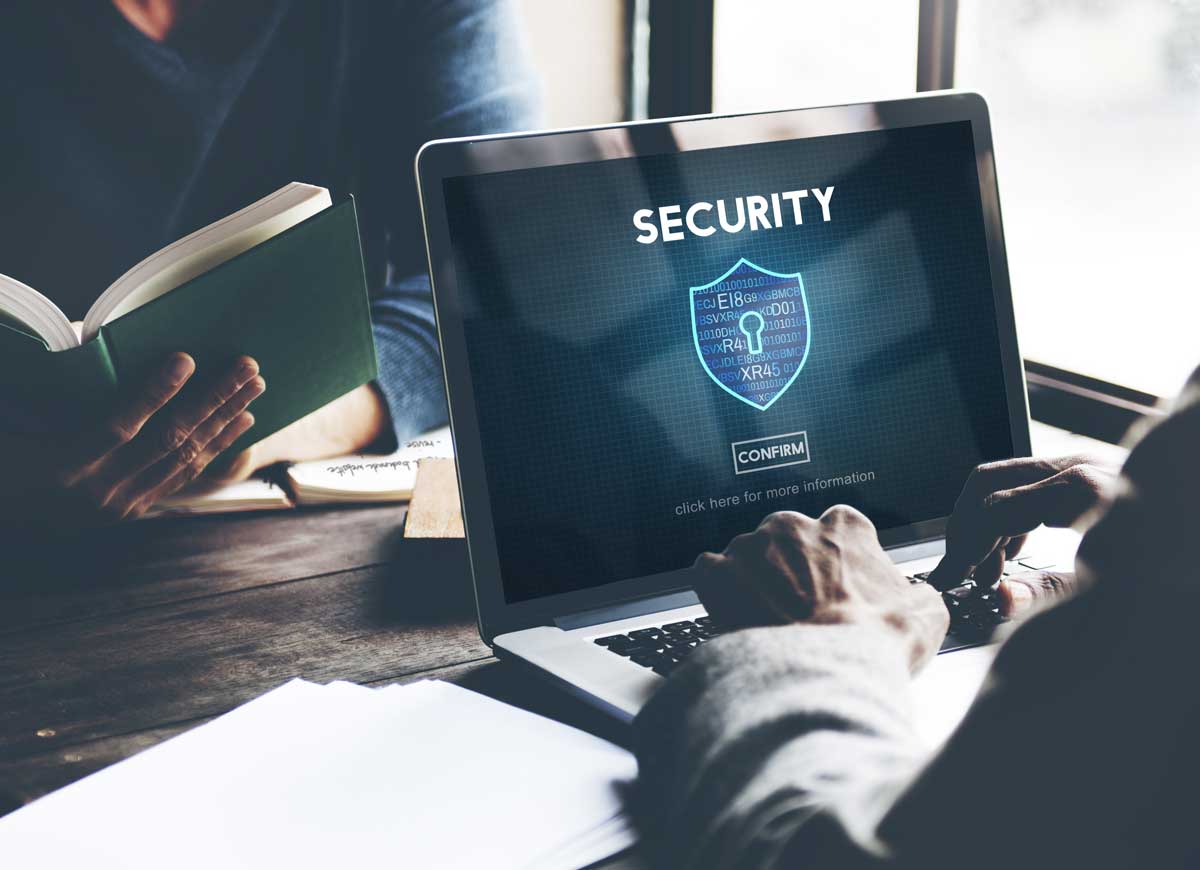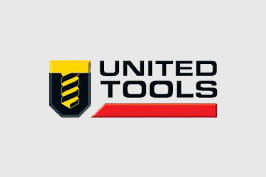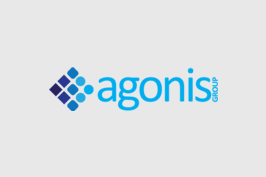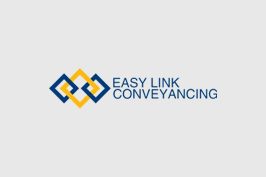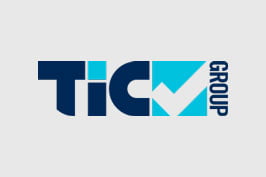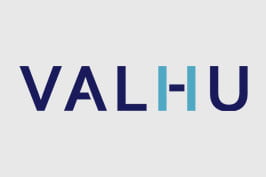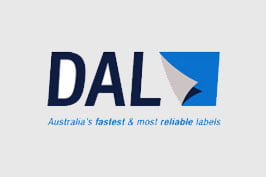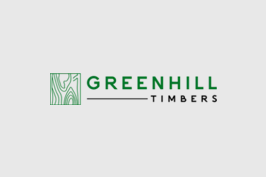A website or blog is a representation of your business, and you can’t afford to skimp on security. Website safety & security checks are vital for all businesses, especially for eCommerce websites. It’s also one of the most critical factors in establishing trust and credibility with your potential customers. A recent survey found that 89% of respondents were concerned about data breaches, with 64% saying they had experienced at least one form of cyber attack in the past year alone! Security breaches can cost you a lot of money.
So whether you are building a new website or looking to improve your existing one, you must take the time to learn how you can safeguard and improve your website security. Today’s post will cover the importance of website security and some easy-to-implement strategies to secure your website.
Why is Website Security Important?
Security from Cyber Attacks
Without insurance, you wouldn’t drive a car, so why would you leave your website unprotected? It’s as simple as that! Cybercrime is on the rise and affects all businesses, regardless of size or industry. To be specific, 30,000 websites are hacked worldwide daily. These attacks can be costly and time-consuming and they can also harm your brand’s reputation.
It’s not just hackers that pose a threat to your website, malicious insiders or even customers can also cause problems if they have access to sensitive information such as customer names and passwords. When someone hacks into a system or network, they can do anything, from stealing confidential company data or infecting computers with malware. Encrypting data sent between your server and browser protects against this type of attack.
Higher Google Ranking
Google uses its search algorithm to determine which websites are most relevant to users’ queries and ranks them accordingly. And it’s no surprise that Google ranks websites based on their security standards. Therefore, security is essential for SEO because a well-secured website will rank higher on Google when users search for it. It can increase traffic and boost online sales of your products or services. If you don’t have strong website security services in place, then this could negatively affect your rankings within the SERPs and increase the likelihood of losing traffic from potential customers who are looking for products similar to yours. That’s not something you would want!
To Protect Your Customers
One of the most important reasons why website safety & security check is essential for your business is to provide a safe environment for customers to do business with you. Your website’s security is the key to keeping your customers safe from fraud and identity theft, and protecting you from being hacked. The more secure your site is, the less likely people visiting it would leave without buying something and trust you as a brand.
If a hacker manages to get in, they can steal all kinds of information about your customers, including their credit cards, bank account numbers, and more. And once someone has that information, it’s virtually impossible to get it back. Hackers usually try to steal money or personal information from businesses with large customer bases, so all companies need to take steps to make sure that doesn’t happen.
Protection Against Spoofing
As we all know, website safety & security check is a top priority for businesses of all types. But even the most secure websites can fall victim to spoofing. Spoofing is a form of phishing that can take place in three significant ways:
Email: By using a forged mail address (identical to yours), hackers can send commercial spam emails containing links to a fake website. Fraudulent emails trick people into giving away important information such as usernames and passwords.
Website: Hackers create a fake website that looks exactly like a real company’s website but with a different URL. Website spoofing aims to trick your customers into thinking they are visiting the actual site and then mislead them into giving sensitive information.
Phone call: A spoofed phone call will appear to be coming from an actual business or government agency and may even have an automated voicemail service that will try to convince your customers to divulge their personal information.
Social Media: Hackers can create fake profiles on social media networks like Facebook or Twitter that look just like yours but are used for something completely different.
Spoofing is especially dangerous for eCommerce businesses because it could lead to identity theft and other financial losses. It’s important to have a strong website safety & security check in place so that you can prevent these kinds of attacks from happening in the first place!
How to Secure Your Website from Hackers?
When building your website, it’s easy to get carried away by the process and forget all the little details that make it secure. Fortunately, there are a few website security services you can use to ensure your site is as secure as possible.
Use Strong Password
Did you know that 80% of website hacks are due to weak passwords? Well, it’s true. Many people use the same password for all their accounts, making it easier for cybercriminals to break through your defences.
Using passwords that are easy to remember but hard to guess will help improve your website security and keep your website safe from hackers and other intruders. Make sure you use different passwords for each account you create on your site, especially if those accounts have sensitive information (like credit card numbers). It helps prevent hackers from stealing passwords when they target websites using brute force attacks (where they try millions of combinations until one works). The best way to create these passwords is with website security service tools like KeePass or LastPass, which can automatically generate strong passwords based on usage patterns and other data points such as birthdays, addresses, etc
Choose a Secure Web Host
One of the best ways to protect yourself from hackers is to host your site on a secure web host. A secure web host can ensure that your website is not vulnerable to attacks, as well as keep track of the security of your site. They will encrypt all of your files and ensure that no one can access them but you. The best hosts offer both free and paid versions, and a wide range of features like backups and support options. It’s crucial to choose a hosting provider with a solid reputation, so you know you will be using a reputable company with good service. You can also learn more about how to choose a secure web host provider here.
Install SSL Certificate
An SSL certificate is a type of digital certificate used by websites to prove that they have been tested for security vulnerabilities before being installed on the internet. While this is not an entirely foolproof method of securing information online, it does make it much harder for others to gain access through hacking methods like phishing scams or malware attacks.
SSL is recommended for all websites on the internet and is an absolute must-have for websites that collect user information like login details, payment details, credit cards, etc. Moreover, Google even counts SSL as a ranking factor and provides a small ranking boost to sites with SSL certificates. As per a Consumer Survey report, most people refused to continue browsing on a website without an SSL.

Utilise Two-Factor Authentication
Two-factor authentication (2FA) is a website security service that requires more than just a username and password when logging into an account. The second form of authentication could be something physical like a USB key or mobile phone number or something digital like a code sent via SMS text message. It helps prevent unauthorised access to accounts because if someone manages to get hold of your username and password, they won’t be able to log in without having access to another piece of information (like a device or code).
Have a Backup
Another important measure to improve your website security is to make sure that you have a good backup solution in place. The backup can be performed as a part of your website maintenance routine or even after the site has been launched. If you do not have a backup plan, your business will be at risk if something happens to your website or the hosting company has issues. You must keep copies of all your files and databases on another server or device in case anything happens to your main site.
Final Words
As we’ve covered above, a website’s security is key to protecting your data and assets. Without adequate security measures, attackers can take control of your website and perform various malicious activities, including stealing credit card information, hacking into your computer and stealing valuable data. With proper security measures in place, not only will you be able to protect your site from potential hackers, but you also have a much better chance of attracting new customers. While there are many more approaches that you can take to improve your website security, we hope that these tips provide you with a good baseline.


